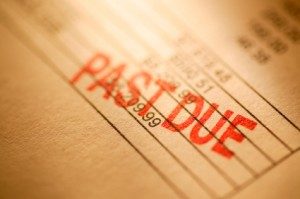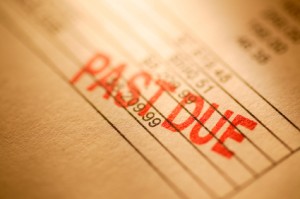 In today’s shaky Irish economy it is becoming far more common for a company to experience financial difficulties. It is the nature of running a business to have a need find ways to generate more funds. The traditional route for companies has always been to apply for funding from their banks. However, with the ongoing credit crisis in Ireland showing no signs of a let-up, the current problems within the banking institutions, and the downturn of traditional demand for services and products, a lot of Irish companies are finding they can’t keep up with servicing their business debts to the banks, and to their creditors.
In today’s shaky Irish economy it is becoming far more common for a company to experience financial difficulties. It is the nature of running a business to have a need find ways to generate more funds. The traditional route for companies has always been to apply for funding from their banks. However, with the ongoing credit crisis in Ireland showing no signs of a let-up, the current problems within the banking institutions, and the downturn of traditional demand for services and products, a lot of Irish companies are finding they can’t keep up with servicing their business debts to the banks, and to their creditors.
And when the business runs out of cash and of options, the company is said to be ‘distressed’. Then the courts will be requested by the creditors of the business to force the distressed company into a compulsory liquidation.
The court will assign a liquidator to sell the companies’ assets in order to generate money to pay for off as much of the company’s debts as possible. This court-appointed liquidator does not have as part of their remit any compunction to look after the company’s directors or owners, their priority is to generate as much funds as they can to pay off the creditors who are owed. In effect, the liquidator works on behalf of the creditors only.
A voluntary liquidation is a far better option for a company. When the directors have sought out good advice and accepted their company is ‘distressed’, they need to immediately decide together with the other members of the board to voluntarily liquidate the company.
There are different reasons why a company chooses to liquidate its assets. Listed below are some of the reasons why an insolvent company SHOULD liquidate itself.
- If the company continues to trade while it is technically insolvent, the directors can be held criminally liable.
As the head of the company, the managing director is responsible for the business. And if the managing director pays himself above his usual salary in the full knowledge that the company is in trouble, the court may hold this against him.
- The company director can be banned from being a company director in the future.
Before accepting the job, the director has promised to abide by the companies’ constitution. And if he is found to have not acted according to what the law required him to (such as addressing his or her company’s financial problem correspondingly), he will not be permitted to return to his former position in this, or any other company
- Liquidating the assets of the company is more advantageous than declaring bankruptcy.
As a company director you have responsibilities, especially if the company becomes financially distressed. These responsibilities make it imperative that company directors seek out the right advice, do the right thing, and are seen to be doing the right things to lessen the impact for you and your company stakeholders.


Recent Comments